MSMWHS216
Operate Breathing Apparatus
- Nationally Recognised Certificate
- Fast Certificate Turnaround
- Experienced and Certified Instructors
- Flexible Learning Options
- Industry Validated
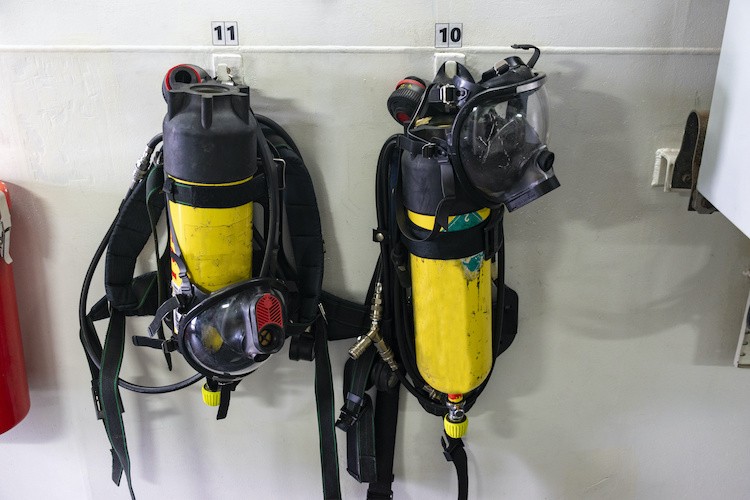
Course Description
The unit MSMWHS216 – Operate Breathing Apparatus – provides students with the skills and knowledge required to safely operate breathing apparatus equipment in hazardous environments. This unit is essential for workers in industries such as mining, construction, manufacturing, and emergency services, where respiratory protection is critical when working in confined spaces, areas with toxic gases, or oxygen-deficient environments.
During the course, learners will be trained in the correct use, maintenance, and operation of breathing apparatus to ensure safe breathing in hazardous conditions. Students will learn how to conduct pre-operational checks, don and doff the equipment, and manage the apparatus during use. The unit also covers emergency procedures, ensuring students can respond to potential risks such as equipment malfunctions or changes in the work environment. Emphasis is placed on understanding when breathing apparatus is required, monitoring air supply, and adhering to safety protocols.
This unit is particularly relevant for workers in high-risk roles, including emergency responders, confined space workers, and those in industries handling dangerous substances or environments. It ensures that individuals can effectively use breathing apparatus to protect their health and safety during critical tasks.
Upon completion of MSMWHS216, students will be equipped to safely operate breathing apparatus in compliance with workplace safety regulations and industry standards. The skills gained in this course are essential for minimising respiratory risks and ensuring safe operations in hazardous environments.
Units Delivered
The following units will be included in your certificate:
MSMWHS216
Operate breathing apparatus
Additional Information
Course Delivery
This course can be delivered/assessed in the workplace or at facility organised by the training provider.
Course Durations
Course durations can vary for multiple reasons, so the durations below are the minimum possible amount.
Entry Requirements
An individual undertaking this course with Allens Training Pty Ltd will need to demonstrate the following to be eligible for entry:
- An official form of photo identification (e.g., driver’s licence, passport, or student ID).
- Participants are required to be clean shaven to attend this course, in accordance with AS/NZS ISO 16975.3 and AS/NZS 1715:2009. Facial hair within the sealing area can compromise the effectiveness of the respirator, impacting its ability to provide proper protection
- Protective footwear/safety shoes and comfortable/practical clothing must be provided by the student and worn during the practical sessions and assessment.
- Psychological and physical capability to meet the demands of the practical demonstrations for this course, including wearing and operating breathing apparatus and associated equipment in a range of conditions. Have the physical capacity to independently don, operate, and remove a self-contained breathing apparatus (SCBA) weighing up to 15 kg, work safely in confined or low-visibility environments, and perform simulated tasks involving crawling, kneeling, climbing, carrying equipment, and a controlled entrapment exercise requiring sustained physical effort and calm breathing under stress
Assessment Requirements
Individuals undertaking this course will be expected to complete both written and practical assessment tasks.
Certificate Renewal Requirements
This certificate does not require renewal
Learner Rights, Responsibilities & Support
Please note that enrolment to this course is made with Allens Training Pty Ltd RTO 90909. Please refer to the student handbook on our website for all details relating to rights and responsibilities including complaints and appeals.
Assessment Activities
Assessments conducted during face-to-face training session(s) include:
Performance tasks:
- Conduct pre-donning, checks, tests and concluding operations for breathing apparatus (BA)
- Operate BA in a hazardous atmosphere
- Operate breathing apparatus (BA) under adverse conditions
- Complete an Equipment fault Log
Documentation – Completion of an Equipment Fault log.
Theory assessment – A written assessment consisting of short answer and multiple-choice questions. The student must complete all assessment questions.
This course is delivered and assessed on behalf of Allens Training Pty Ltd RTO 90909
Other Training Options
All Courses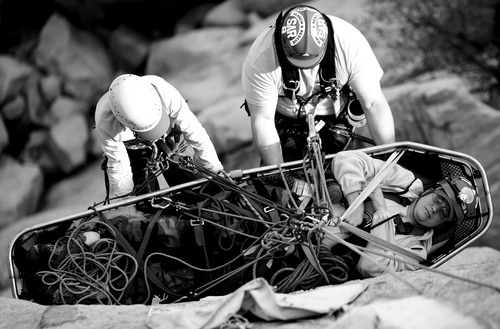
Course Set - Participate in a Rescue Operation and Work Safely at Heights
The course set including units PUASAR022 and RIIWHS204E is designed to equip individuals with the skills necessary to participate in rescue operations and work safely at heights. This training is crucial for those working in emergency response, construction, mining, and other high-risk industries where both rescue readiness and height safety are essential. This course set is ideal for emergency re...
View Course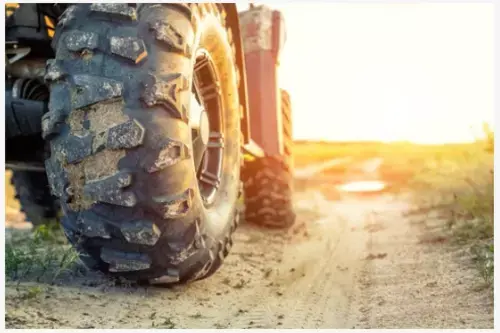
Operate and Maintain a Four Wheel Drive Vehicle
The unit RIIVEH305F – Operate and Maintain a Four Wheel Drive Vehicle – equips students with the skills and knowledge required to safely operate and maintain a four-wheel drive (4WD) vehicle in a range of off-road and challenging conditions. This unit is ideal for individuals working in industries such as mining, construction, agriculture, and emergency services, where navigating difficult terrain...
View Course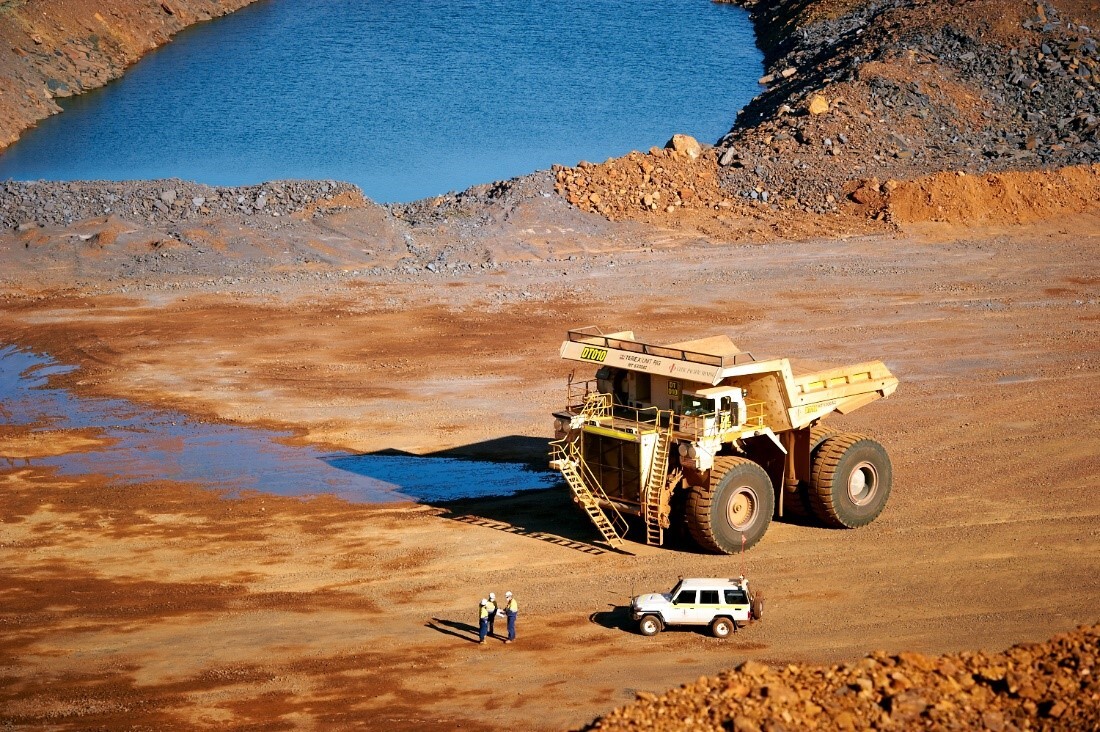
RIISS00034 - Surface Coal Mine Safety Skill Set
The RIISS00034 – Surface Coal Mine Safety Skill Set, commonly known as the Standard 11, is an essential qualification for individuals seeking to work in the Queensland coal mining industry. This course provides foundational knowledge and practical skills required to ensure a safe working environment in surface mining operations. It covers key areas such as hazard identification, risk assessment, w...
View Course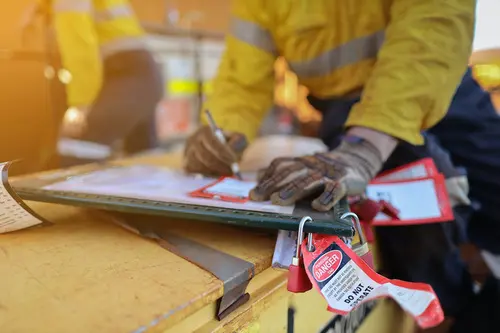
Prepare to Work Safely in the Construction Industry (ACT)
The unit CPCWHS1001 – Prepare to Work Safely in the Construction Industry (ACT) – is a foundational course designed to provide students with the essential skills and knowledge required to work safely on construction sites in the Australian Capital Territory. Commonly referred to as the White Card course, this unit is a legal requirement for anyone entering the construction industry, ensuring compl...
View Course